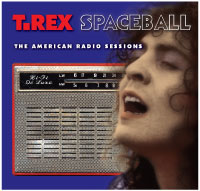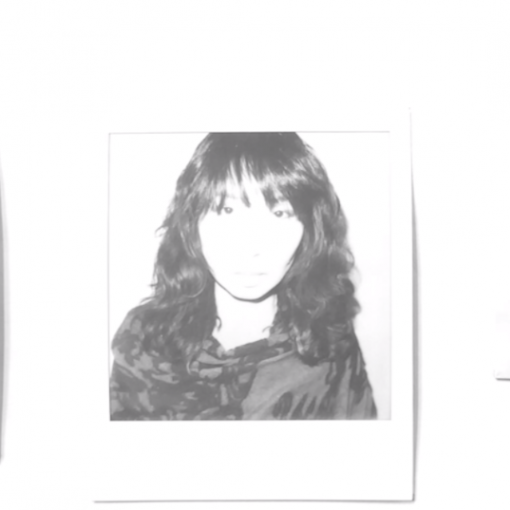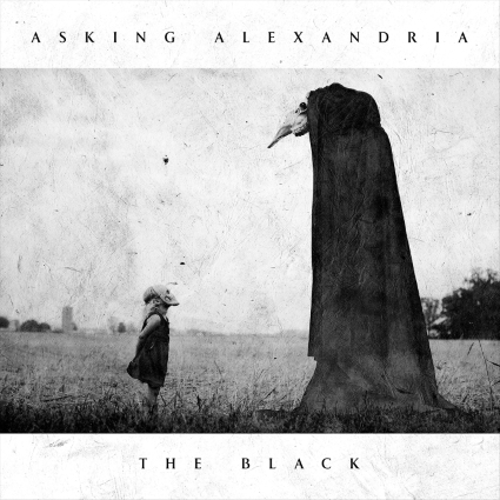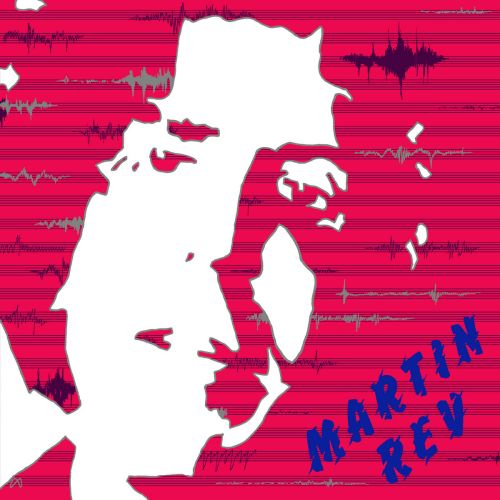(Applebush/Easy Action)
 The collections of ‘rare’ T. Rex material to have appeared in the years since Marc Bolan’s death in 1977 by now dwarf the official output released during his lifetime. Although much of them are deeply inessential, and sometimes indeed unlistenable, carefully sifting through these volumes of out-takes and demos unearths some gems that actually surpass the official releases. The alternative versions of Electric Warrior and The Slider for instance, strip some of Bolan’s most iconic tunes of Tony Visconti’s homogenising production to reveal the startling simplicity beneath. 2007’s Bolan at the Beeb box set featured a wealth of great takes recorded mostly for John Peel’s Top Gear, but seeing as Peel and Bolan mutually dropped each other when T. Rex hit it big, the collection grinds to a halt in 1971, just as the group achieved massive success in the UK and set out in search of the same in the US. Spaceball serves to continue the story where Bolan at the Beeb left off, comprising five radio sessions recorded in America during the group’s peak years of 1971 and 1972.
The collections of ‘rare’ T. Rex material to have appeared in the years since Marc Bolan’s death in 1977 by now dwarf the official output released during his lifetime. Although much of them are deeply inessential, and sometimes indeed unlistenable, carefully sifting through these volumes of out-takes and demos unearths some gems that actually surpass the official releases. The alternative versions of Electric Warrior and The Slider for instance, strip some of Bolan’s most iconic tunes of Tony Visconti’s homogenising production to reveal the startling simplicity beneath. 2007’s Bolan at the Beeb box set featured a wealth of great takes recorded mostly for John Peel’s Top Gear, but seeing as Peel and Bolan mutually dropped each other when T. Rex hit it big, the collection grinds to a halt in 1971, just as the group achieved massive success in the UK and set out in search of the same in the US. Spaceball serves to continue the story where Bolan at the Beeb left off, comprising five radio sessions recorded in America during the group’s peak years of 1971 and 1972.
This double CD package is not set out chronologically – disc one contains two sessions from 1972 (L.A. on 15th Feb and Boston on 11th Sept) while the second disc has two New York appearances from April 1971 and one from Chicago that December. The logic of this becomes apparent on listening – although the 1971 recordings are the more interesting from a historical point of view, it’s the first disc that provides the more enjoyable listening experience.
The 1971 tour was the first appearance of the full T. Rex electric line-up, yet in the confines of a radio studio, the rhythm section is sidelined, the 8th April session starting with solo Bolan versions of the new songs “Cosmic Dancer” and “Planet Queen” before the rhythm section hit in for wild versions of oldies “Elemental Child” and “Jewel” and a strangely low-key reading of current hit “Hot Love.” The following week’s appearance (April 15th) is stripped down further with Currie and Legend completely absent and Bolan and Finn improvising freely around three Electric Warrior songs and Carl Perkins’ “Honey Don’t,” the highlights being an unhinged version of “Cosmic Dancer” with Finn going wild on what sound like a collection of plastic cartons and “Get It On Blues,” with its bizarre ad-lib lyrics bearing little similarity to its related hit single. The third ’71 session is Bolan solo whilst on a December promo visit to arrange the following year’s tour and is comparatively lacklustre and lacking in fidelity, despite the exaggerated enthusing of the DJ.
By February 1972, the group were back in the US and the session for KDAY in Los Angeles on the 15th is a total joy, with a solo Bolan having obvious fun introducing songs from The Slider and Electric Warrior and displaying his unique alchemical talent for creating the most insubstantial songs ever written and convincing you they are the greatest things you’ve ever heard. It surely takes genius to tie couplets like ‘What’s it like to be a loon? / I liken it to a balloon’ or ‘Got giraffes in my hair / and I don’t care’ to the most basic chord changes and deliver them with such authority that he has you nodding your head and concurring ‘yes, me too Marc!’
Still trying to crack America six months later, the Boston session on Sept 11th sees Bolan somewhat worn down by the effort and petulantly chiding the silly Americans for not understanding how great T. Rex are when ‘we are the biggest group in Europe – it’s a fact,’ and bemoaning that the record business doesn’t like him because he gives the kids too good a deal. The songs played here are again solo renditions and include an early preview of “Left Hand Luke” and the “Beggar Boys,” with it’s immortal lyric ‘Myxomatosis is an animal disease / But I got so shook up mama that it ate away my knees’, which would later be recorded for 1973’s Tank album. Even without the tone of the accompanying interviews however, they sound a little tired compared to the buoyant February versions.
Although mostly Bolan solo, Spaceball is a fascinating document of T. Rex at their peak, away from the UK hysteria and stripped of the studio gloss that we are more familiar with. Clearly, the majority of the collection will be mostly of interest to hardcore completists, but the eight songs from February 1972 provide an album’s worth of material as good as anything else in the catalogue, so even if you only listen to the rest of the set once, it’s worth the price for that alone.
-Alan Holmes-



